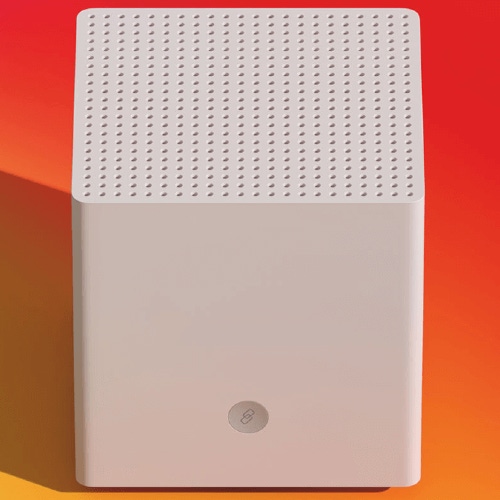M&A strikes WISP landscape amid advances by Verizon, T-Mobile
Among recent fixed wireless transactions, altafiber recently acquired Agile Network Builders, while Ziply Fiber recently announced it would buy Eastern Oregon Net (better known as EONI).

Verizon and T-Mobile have been headlining the fixed wireless access (FWA) market in the US, signing up hundreds of thousands of new customers to their respective offerings in recent months. But all that action by the market's heavyweights has been obscuring a significant amount of upheaval among some of the sector's smaller FWA providers.
For example, Cincinnati Bell (now doing business as "altafiber") recently acquired Agile Network Builders, a fixed wireless network operator that was a subsidiary of American Tower. Separately, Ziply Fiber recently announced it would buy Eastern Oregon Net (better known as EONI), which provides services including fixed wireless in parts of Washington state and elsewhere. And Shentel is packaging up its own Beam-branded FWA business – which includes 2.5GHz spectrum and around 1,700 customers – in order to sell the operation.
Those recent actions build on other major transactions, including Cable One's investments in 2020 into two big wireless Internet service providers (WISPs), Whisper Internet and Nextlink.
"I'm currently seeing a roll-up in the WISP industry with some of the large WISPs buying out small successful WISPs," wrote Doug Dawson of CCG Consulting recently.
Shifting strategies
However, it's unclear whether all this merger-and-acquisition action will result in broader FWA rollouts.
Figure 1:  Verizon is among the operators selling FWA equipment.
Verizon is among the operators selling FWA equipment.
(Source: Verizon)
For example, Wave7 Research now ranks altafiber as the tenth largest FWA provider in the US following its acquisition of Agile. Indeed, BroadbandNow reports the operator covers fully 5 million people, mostly in Ohio. In 2018 Agile inked an agreement with Microsoft under Microsoft's Airband project to bring Internet services to rural areas.
But altafiber declined to provide Light Reading with any details on its FWA business or its ambitions in the area. "Our partnership with Agile means more individuals, families, companies and communities will have access to education, healthcare, employment and economic development opportunities," Leigh Fox, altafiber's CEO, said in a release in May.
Similarly, Shentel's Beam FWA business is up for sale because that company decided to exit the business just a few years after embarking on a major FWA buildout effort. It's unclear whether Shentel will be able to recoup its FWA expenses.
"If Shentel is unable to find a buyer willing to assume the company's ~1.7K existing Beam fixed wireless subscribers, management would likely terminate service following the spectrum sale," wrote the financial analysts at B. Riley Securities in a recent note to investors.
Still other companies don't see the opportunity in the FWA market that T-Mobile and Verizon do. "We know that the physics of fixed wireless cannot serve the demand for what a household is looking for or a business is looking for, for high-quality, premium broadband connectivity," said Jeff McElfresh, AT&T's new COO, in comments at a June investor event.
Growth expectations
On the other side of the issue, some companies are expanding their FWA ambitions. For example, FWA provider Starry recently disclosed plans to expand into its seventh market, Las Vegas. The company hopes to offer service to half a million households in the city by the end of this year.
Separately, GeoLinks recently announced it would use equipment from Curvalux to expand its FWA services across California. GeoLinks purchased substantial millimeter wave spectrum holdings from Verizon in 2021.
And expectations for the FWA remain relatively high. Wave7 pointed out that fixed wireless services accounted for fully half of all net broadband customer additions in the first quarter of this year, according to Leichtman Research Group. The firm also cited expectations from Wells Fargo that the number of fixed wireless subscribers in the US ought to grow from a total of 7.1 million at the end of 2021 to 17.2 million by the end of 2026.
Of course, the WISP space isn't the only sector in the telecommunications market undergoing M&A upheaval. For example, European satellite operations SES and Intelsat are reportedly considering a merger, while Altice in the US is reportedly shopping its Suddenlink business to private equity infrastructure funds, among others.
Related posts:
— Mike Dano, Editorial Director, 5G & Mobile Strategies, Light Reading | @mikeddano
About the Author(s)
You May Also Like











